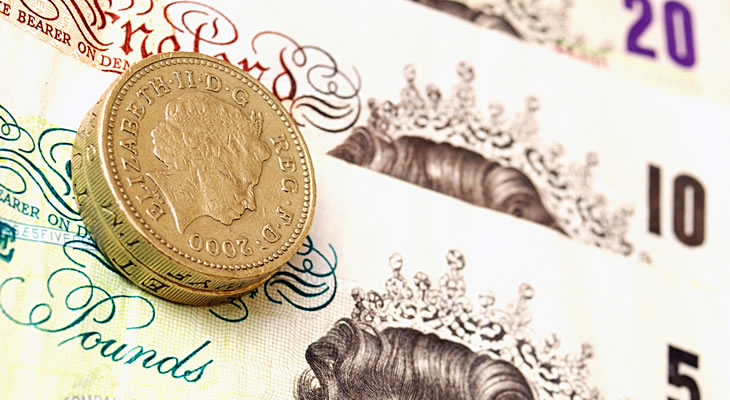The Pound has fallen lower against the Euro on Friday evening, having been weakened by a lack of development in Brexit talks.
The GBP/EUR pairing has slipped to a rate of 1.1170, having earlier hit the 1.1223 mark.
While UK PM Theresa May has been in Brussels urging the UK and EU to ‘step forward together’ in Brexit talks, this has had no immediate effect on currently stalled discussions.
(First published November 24th, 2017)
The Pound has a bleak future ahead, assuming that pessimistic forecasts for UK confidence measures prove accurate.
The Euro might see a converse rally, but this depends on if Germany sees a quick solution to its present political difficulties.
GfK Confidence Reading could Unsettle GBP/EUR Exchange Rate
The Pound has been listless against the Euro and other peers recently, as GBP traders take a cautious look at the future UK economy.
Brexit has strongly factored into these forecasts, as it still remains unclear whether there will be a December breakthrough in negotiations.
Before a possible crash from the meeting of the European Council, however, the Pound could be affected by a confidence reading on November 30th.
This will be the GfK consumer confidence measure for November, which is tipped to show a slight worsening of the index.
A drop from -10 points to -11 would emphasise the negative impacts of post-budget predictions, which have included an estimate of losing two decades worth of wage growth.
If the recent gloominess associated with the Autumn Statement does see UK consumer confidence slide, the Pound could follow a similar downward path.
Lower confidence implies less economic activity, whether it’s spending or investment. This in turn can damage UK retail sales and other areas because of knock-on effects.
Euro Pound Rate could Soar if German Political Problems see Rapid Resolution
Euro traders have been unsettled by the recent upsets in Germany, but a prompt resolution to the nation’s political crisis could put the Euro back on track for a rally.
The situation is that Angela Merkel’s CDU/CSU union got the most seats in the 2017 election, but this wasn’t enough to form an outright majority.
Merkel tried to form a coalition with the Green and FDP parties, but FDP officials left discussions because of irreconcilable differences.
While it wasn’t considered when coalition talks first broke down, there is still a chance for the Social Democratic Party (SPD) to form another ‘grand coalition’.
The CDU/CSU and SPD parties led the first Merkel administration from 2005-2009 and more recently ran the 2013-2017 administration.
In both instances, however, this was considered to be a ‘marriage of convenience’.
The SPD has additionally lost some of its political credibility, having seen declines in its voteshare after both partnerships with Merkel’s union.
With coalition talks on the rocks, however, the SPD has stepped up to potentially form a third grand coalition.
Assuming that the parties can set aside their differences, this would be completely viable.
Added to the CDU/CSU numbers, the SPD has more than enough seats to make a functional majority.
Describing his party’s change of heart, SPD General Secretary Hubertus Heil said;
‘The SPD is firmly convinced that talks have to take place. The SPD is not closed to talks’.
While another CDU/CSU and SPD union might be a bitter pill to swallow, it could still trigger a Euro rally because it would put to rest the concerns of Euro traders.
Recent Interbank GBP EUR Exchange Rates
At the time of writing, the Pound to Euro (GBP EUR) exchange rate was trading at 1.1223 and the Euro to Pound (EUR GBP) exchange rate was trading at 0.8908.


Comments are closed.